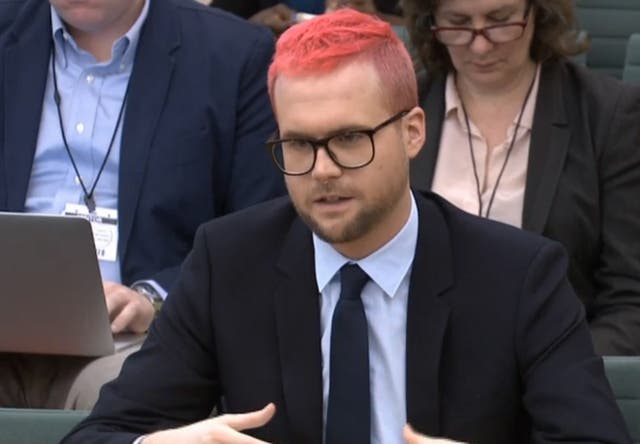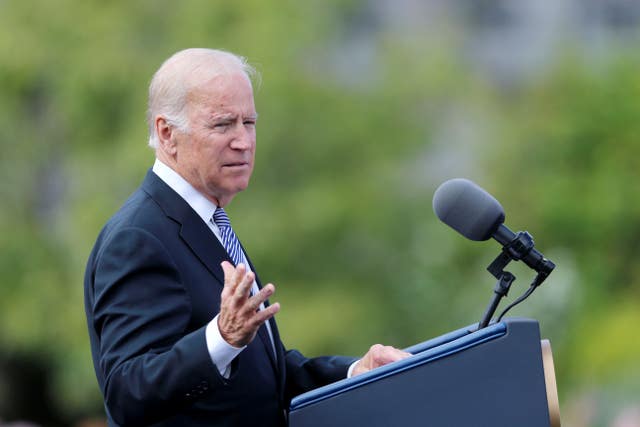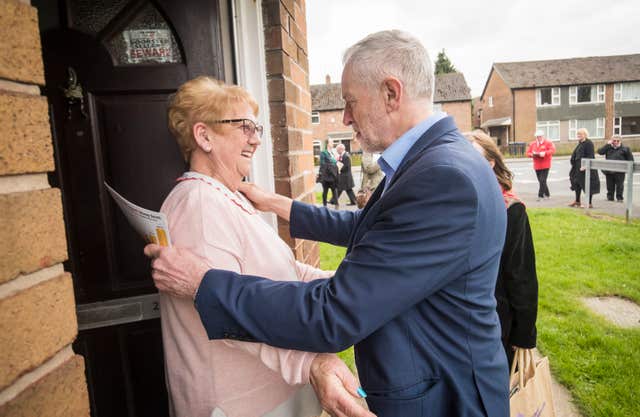Facebook and politics: A history of controversy
The social network has been heavily criticised in recent years for playing host to false information, hate speech and the misuse of personal data.

Twitter’s decision to ban political ads has piled pressure on rival Facebook, which has thus far resisted efforts to do the same.
Mark Zuckerberg’s company has been heavily criticised in recent years for allowing the spread of false information and hate speech, and the use by third parties of personal data for political targeting.
Here are some of the most high-profile political controversies that have played out on Facebook in recent years.
Russia
One of the earliest controversies faced by Facebook surrounded the use of the platform by Russia to disrupt foreign elections.
While the full extent of the country’s use of the platform remains unknown, the US Congress last year published 3,500 political ads purchased by Russian groups before and after the 2016 election.
The ads were traced back to Russia’s Internet Research Agency (IRA), a Kremlin-linked “troll factory”, and typically targeted controversial issues in the United States in an attempt to sow disharmony.
In one example, the group created a fake black rights group called “Black Matters” which gained hundreds of thousands of followers in part thanks to paid adverts.


Cambridge Analytica
Perhaps the most famous case of how Facebook was used for political targeting is that of Cambridge Analytica.
The political research company used by both the Donald Trump and Vote Leave campaigns harvested the personal data of millions of users in order to target political advertising at them.

The results were then used to tailor political messaging to particular audience groups without the users’ awareness.
Facebook this week agreed to pay a fine of £500,000 following an investigation by the Information Commissioner’s Office into the misuse of personal data. It follows a fine of 5 billion dollars (£4 billion) from the US Federal Trade Commission.
Hate speech

One such example was Tommy Robinson, real name Stephen Yaxley-Lennon. After being allowed to build a following on the platform of over a million people, the former English Defence League leader was eventually banned from Facebook and Instagram in February for “hate speech”.
The decision – which preceded his failed European election campaign – prompted complaints from both his supporters, who claimed it was a restriction on free speech, and opponents who argued it should have been done earlier.
Facebook, as well as other platforms, was also criticised for an apparent inconsistency to its approach – why, critics asked, if Robinson were to be banned, were other figures allowed to remain despite making similar comments about individual groups?
Fake Biden ad allowed to remain

The ad repeated a discredited claim that Mr Biden had promised Ukraine money in a bid to end an investigation into a company linked to his son.
Facebook maintains a policy of excluding politicians from its fact-checking efforts, claiming that it does not want to be a referee of political debate.
Elizabeth Warren gets her own back
Fellow US presidential candidate Elizabeth Warren made a point about Facebook’s advertising policy by placing an intentionally false ad claiming founder Mark Zuckerberg had endorsed Donald Trump.

It adds: “You’re probably shocked, and you might be thinking, ‘how could this possibly be true?’
“Well, it’s not. (Sorry.) But what Zuckerberg *has* done is given Donald Trump free rein to lie on his platform — and then to pay Facebook gobs of money to push out their lies to American voters.”
2019 General Election
With the UK’s latest election campaign only just under way, examples of misleading adverts have already been identified.
One such example could be seen in a post shared on Leave.EU’s Facebook page, discovered by research group First Draft.
The post features an altered image taken by the PA news agency of Jeremy Corbyn being sworn at by a voter while leafleting.
An original image of the actual meeting, taken during the 2017 local election campaign by the PA news agency, in fact showed the woman – a Labour supporter named Catherine Finney – pumping her first.

Another PA picture from the same exchange showed her greeting him warmly as he arrived at her door.






